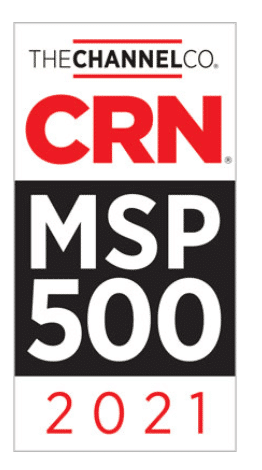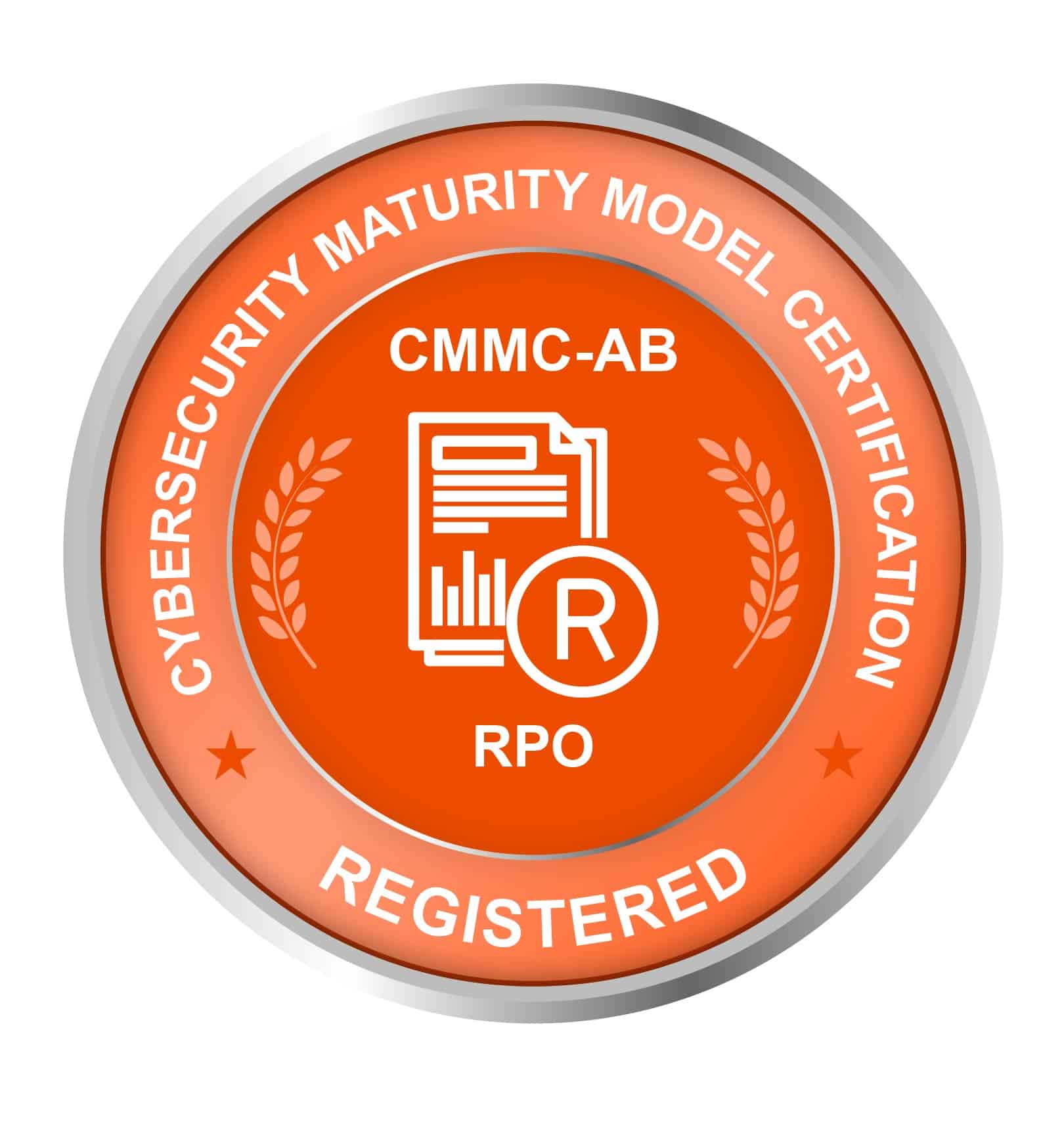Quantum Internet is now more than ever a much closer reality as more and more studies reveal its probability and potential.
The Army Research Office-funded US Army Compact Capability Development, Army Research Laboratory Center for Distributed Quantum Information project saw University of Innsbruck researchers achieve an unprecedented record for transferring quantum entanglement between light and matter using fiber optic cables, amounting to an impressive 50-kilometer distance. Expert managed Tech Support in Virginia are one in celebrating this unique achievement, which is effectively bringing quantum internet networks to a closer possibility.
The record-breaking 50-kilometer distance that the researchers at Innsbruck University achieved, is twice as far as was carried out by previous researches. Fifty kilometers is also a practical distance for building inter-city quantum networks. Such is a major step towards achieving bigger scale distributed entanglement, the quality of which (even after traveling a long distance through fiber) is still high enough to meet the demands and requirements of some complex quantum networking applications.
The Innsbruck research team began their experiment with an ion-trapped calcium atom. They used laser beams to write a quantum state onto the calcium ion, simultaneously exciting it so that it will emit a photon capable of storing quantum information. This results in quantum entanglement for the atom and light particles over a much longer distance than what previous studies have achieved. The success of this experiment opens up greater possibilities for quantum internet, providing a much more direct path toward creating an entangled atomic clock network over a larger distance. Such large-scale entangled clock network is of significant interest to Army groups as it can lead to more efficient, accurate, and precise positional, navigational, and timing applications. Quantum Internet can offer military groups greater security, timekeeping, and sensing capabilities than what traditional systems can currently offer.










